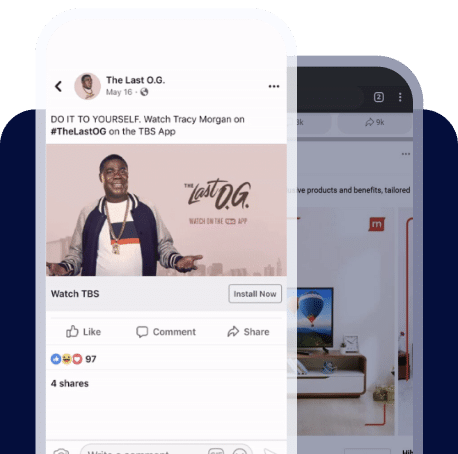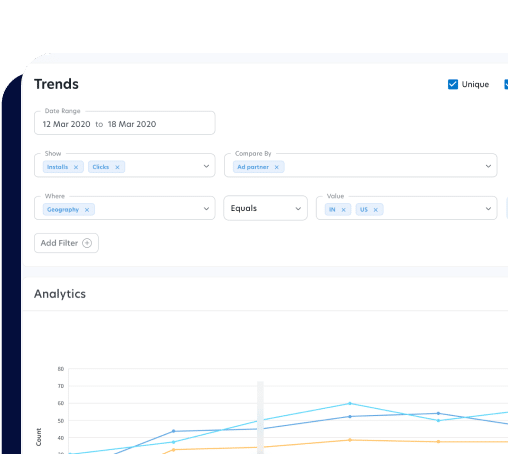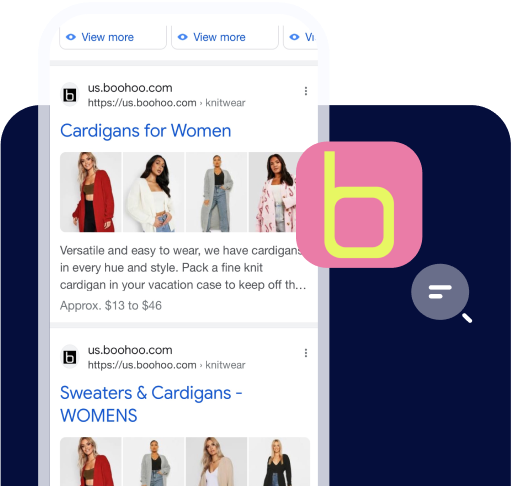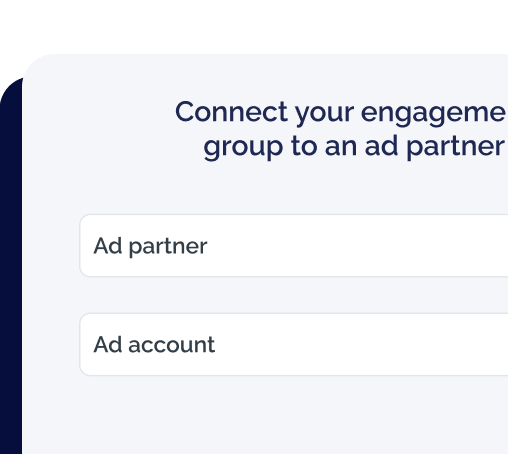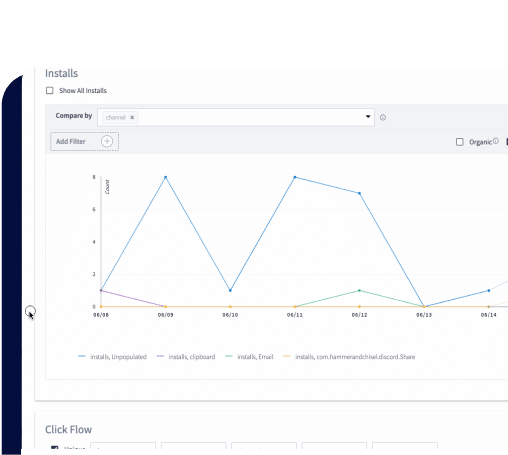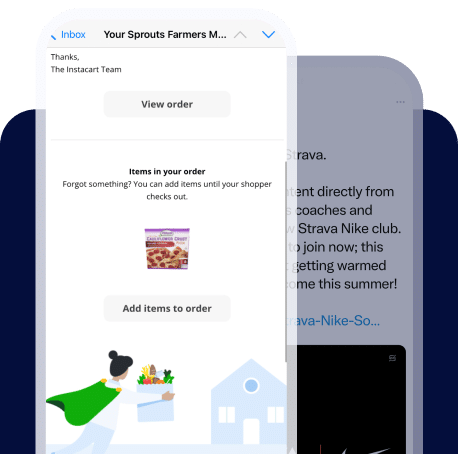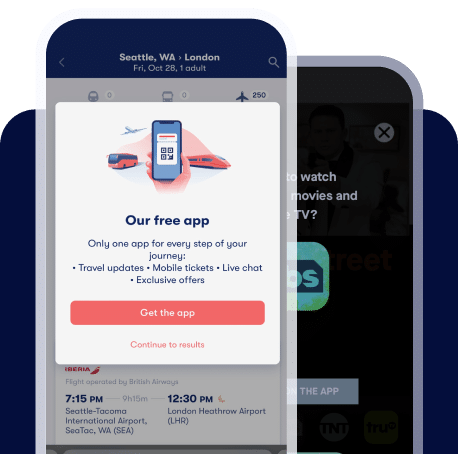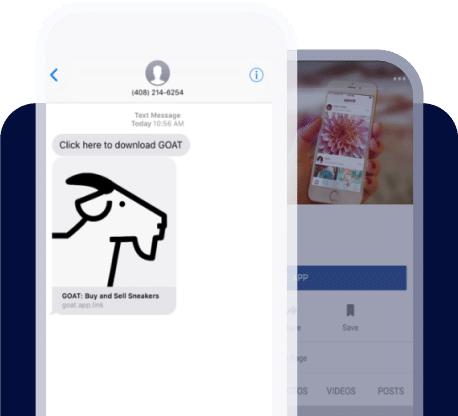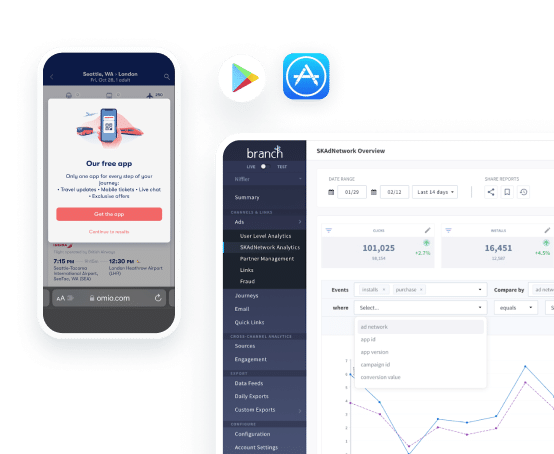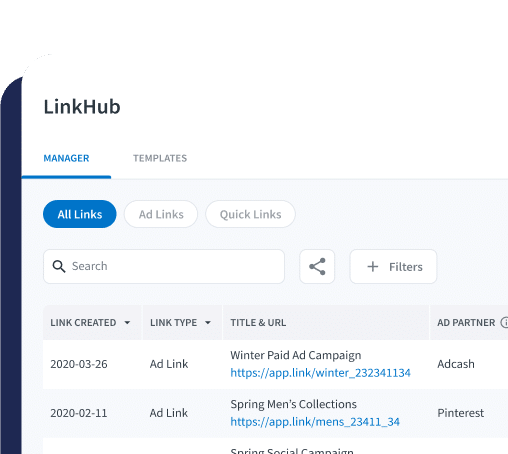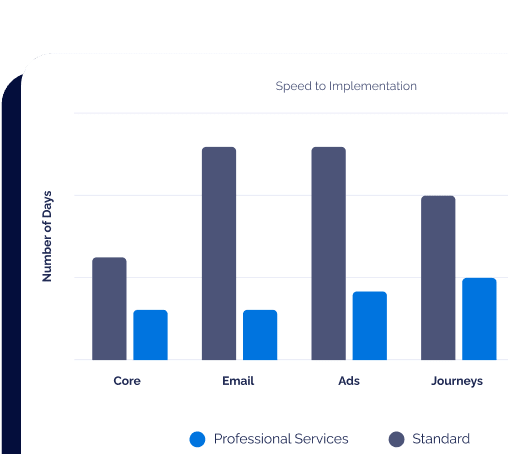Worried about your fitness app data ending up in the wrong hands? So is (almost) everyone else. Nearly 70% of smartphone users are concerned about their data security and privacy, up 13 percentage points from 2022. And with good reason. Growth leaders should handle end-user data responsibly and prioritize trust between their companies and their users. Engaging with a privacy-forward mobile measurement partner (MMP) will minimize disruption to your business and help you navigate the industry and its regulatory landscape.
Why consider privacy policies when selecting an MMP
As the digital marketing ecosystem continuously evolves, companies have to comply with a wide range of data laws and regulations, including FTC regulations, GDPR, and the CCPA. Amid these changes, different platforms offer their own privacy-focused policies, such as Apple’s App Tracking Transparency (ATT) framework and Google’s Privacy Sandbox. These policies directly affect how partners provide insight into attribution.
Considering all these privacy regulations and policies, you should choose an MMP well-versed in the intricacies of privacy-centric measurement. Ensure your MMP not only abides by existing laws and regulations but also has the infrastructure and policy operations necessary to safeguard end-user data. By diligently vetting and understanding your MMP’s policies, you’ll protect your brand’s integrity and your users.
Don’t lose users’ trust
A 2023 report from International Association of Privacy Professionals (IAPP) revealed that 68% of consumers are concerned about their privacy online. Unsurprisingly, this means that consumers have started to take action to protect their data themselves, going so far as to remove an app from their phone if they feel the company is failing to protect it.
Another study cited by The Drum found that nearly 40% of consumers will consider switching brands if they feel the second brand better handles data. Retaining app users is already difficult, as nearly 90% of consumers abandon an app before the 30-day mark. Factor in the loss of end-user trust from data mishandling, and the number rises. To increase trust and reduce the likelihood of app abandonment, partner with an MMP that values your consumers’ data as much as you do.
Questions to ask your MMP
Here are some key questions your selection team should ask when choosing an MMP:
- Does the MMP collect precise geolocation data? This is a particularly hot topic following a recent lawsuit filed by the FTC against an ad tech partner.
- Does the MMP’s business include service offerings that could become a liability for your brand? Even if you’re not making use of certain offerings, increased scrutiny by regulators of the data collection and use practices of ad tech partners demonstrates this is an area to be mindful of when selecting an MMP.
- Do the MMP’s services collect more data than are required to perform the services you need? What is the MMP’s data retention policy? Data minimization is a foundational principle to many data protection regulatory schemes.
- How do reputable third-party security agencies rate the security of the MMP’s platform? SecurityScorecard is a security agency that measures the strengths and weaknesses of an organization’s cybersecurity infrastructure. Organizations that have a rating of 90+ are much stronger than their competitors and less susceptible to data breaches.
- Does the MMP have multiple security certifications? What are they? These security certifications indicate an MMP’s organizational, network, and technical security health.
- Does the MMP’s product include explicit privacy control features that allow end users to opt out of data processing? Customizable compliance features allow you to comply with the complex patchwork of regulatory schemes governing data privacy, such as honoring end-user requests to restrict data processing.
- How is the MMP prepared to handle the evolving user privacy landscape? If the MMP does not proactively update your team about changes to policies and product requirements, this may be a sign that the MMP can’t navigate the complexity of privacy.
Privacy should be a guiding principle
Beyond attribution and insights, you should evaluate a potential MMP’s approach to data privacy. At Branch, we are proud of our privacy-first mindset when designing products and deep linking and measurement services. Branch does not sell customer end-user data. This has remained one of Branch’s Guiding Privacy Principles.
In addition, Branch’s solutions do not collect precise geolocation data. For the data Branch does collect, we use a principled data retention plan. We take security seriously, which is why we have the highest security rating among our competitors and have obtained multiple security certifications, such as the 27701, 27017, and 27018 certificates. Read here for more details on why these certifications matter.
Stringent privacy standards are non-negotiable
Choosing an MMP that prioritizes privacy-centric measurement not only protects your app users, it also fortifies your brand’s reputation. By ensuring your partners uphold stringent privacy standards, you’ll equip your business to navigate the evolving digital marketing and privacy landscape.
To delve deeper into mobile measurement that doesn’t compromise end-user privacy, request a demo with our team.

